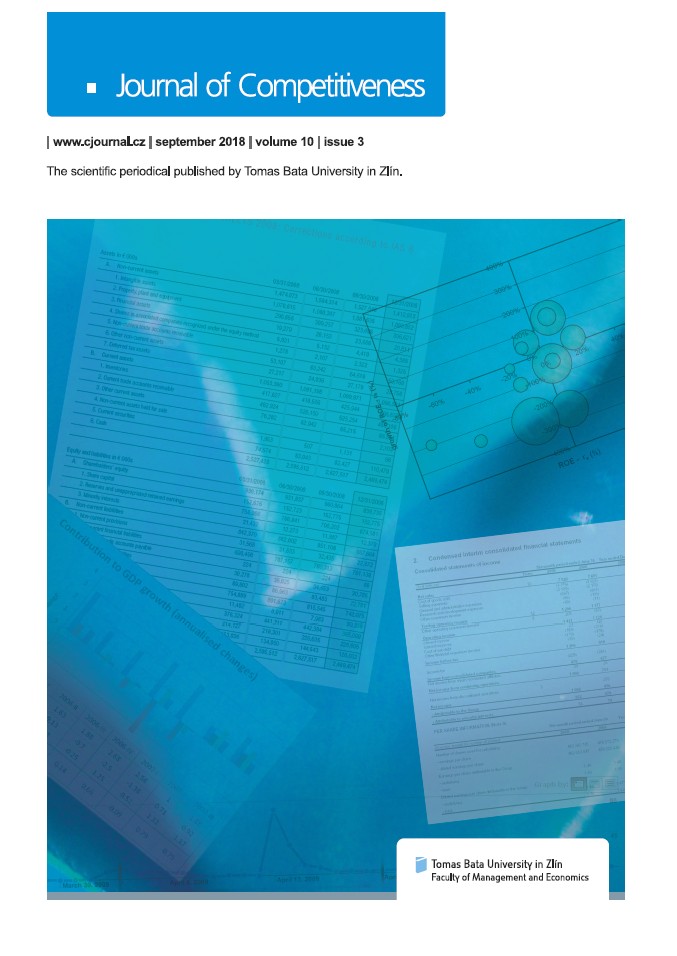商科与非商科学生的创业意向与创业能力研究
IF 2.6
1区 管理学
Q2 BUSINESS
引用次数: 10
摘要
创业有助于经济增长和创造就业机会,从而提高竞争力。然而,问题仍然是如何刺激创业活动,特别是在青年作为弱势群体的情况下。创业活动的关键是创业能力和创业意愿。年轻人可以通过创业教育获得和发展这两者。本研究的目的是从社会心理学的角度考察创业教育对斯洛文尼亚大学生创业意愿和创业能力的影响。基于Ajzen的计划行为理论和胜任力方法,建立了一个概念研究模型,并应用了创业胜任力影响创业意图的假设。应用研究方法是一种准实验。837名学生的研究样本包括一个实验组(参与创业教育)和一个对照组(不参与创业教育的),分别通过前测和后测进行检查。使用各种统计分析来确定相关性、比较性和依赖性。尽管已经证实概念研究模型是合适的,并且所研究的一些因素确实影响了创业意图,但我们没有发现参与创业教育的学生具有更高水平的创业意图或创业能力。尽管如此,概念研究模型在统计上证实了TPB与创业能力之间的联系。研究还表明,创业能力在一定程度上影响创业意愿。本研究为进一步研究创业教育、创业意向和创业能力奠定了基础。本文章由计算机程序翻译,如有差异,请以英文原文为准。
The Study of Entrepreneurial Intentions and Entrepreneurial Competencies of Business vs. Non-Business Students
Entrepreneurship contributes to economic growth and job creation and thus to competitiveness. Nevertheless, the question remains of how to stimulate entrepreneurial activity, especially in the case of youth as a disadvantaged group. The key to entrepreneurial activity is entrepreneurial competencies and entrepreneurial intentions. Young people can acquire and develop both through entrepreneurship education. The aim of this study was to examine the impact of entrepreneurship education on entrepreneurial intentions and entrepreneurial competencies of university students in Slovenia from a socio-psychological perspective. A conceptual research model based on Ajzen’s Theory of Planned Behavior (TPB) and the competency approach was developed, also applying the assumption that entrepreneurial competencies influence entrepreneurial intentions. The applied research methodology was a quasi-experiment. The research sample of 837 students consisted of an experimental group (involved in entrepreneurship education) and a control group (not involved in entrepreneurship education) examined by a pretest and a post-test. Various statistical analyses were used to determine correlation, comparison, and dependency. Although it was confirmed that the conceptual research model is appropriate and that some of the factors studied do influence entrepreneurial intentions, we could not find a higher level of entrepreneurial intentions or entrepreneurial competencies by students involved in entrepreneurship education. Nevertheless, the conceptual research model has statistically confirmed that the TPB and entrepreneurial competencies are linked. It was also revealed that entrepreneurial competencies partly influence entrepreneurial intentions. This study forms a basis for further research in the field of entrepreneurship education, entrepreneurial intentions and entrepreneurial competencies.
求助全文
通过发布文献求助,成功后即可免费获取论文全文。
去求助
来源期刊

Journal of Competitiveness
Multiple-
CiteScore
11.30
自引率
2.70%
发文量
33
审稿时长
12 weeks
期刊介绍:
The Journal of Competitiveness, a scientific periodical published by the Faculty of Management and Economics of Tomas Bata University in Zlín in collaboration with publishing partners, presents the findings of basic and applied economic research conducted by both domestic and international scholars in the English language.
Focusing on economics, finance, and management, the Journal of Competitiveness is dedicated to publishing original scientific articles.
Published four times a year in both print and electronic formats, the journal follows a rigorous peer-review process with each contribution reviewed by two independent reviewers. Only scientific articles are considered for publication, while other types of papers such as informative articles, editorial materials, corrections, abstracts, or résumés are not included.
 求助内容:
求助内容: 应助结果提醒方式:
应助结果提醒方式:


